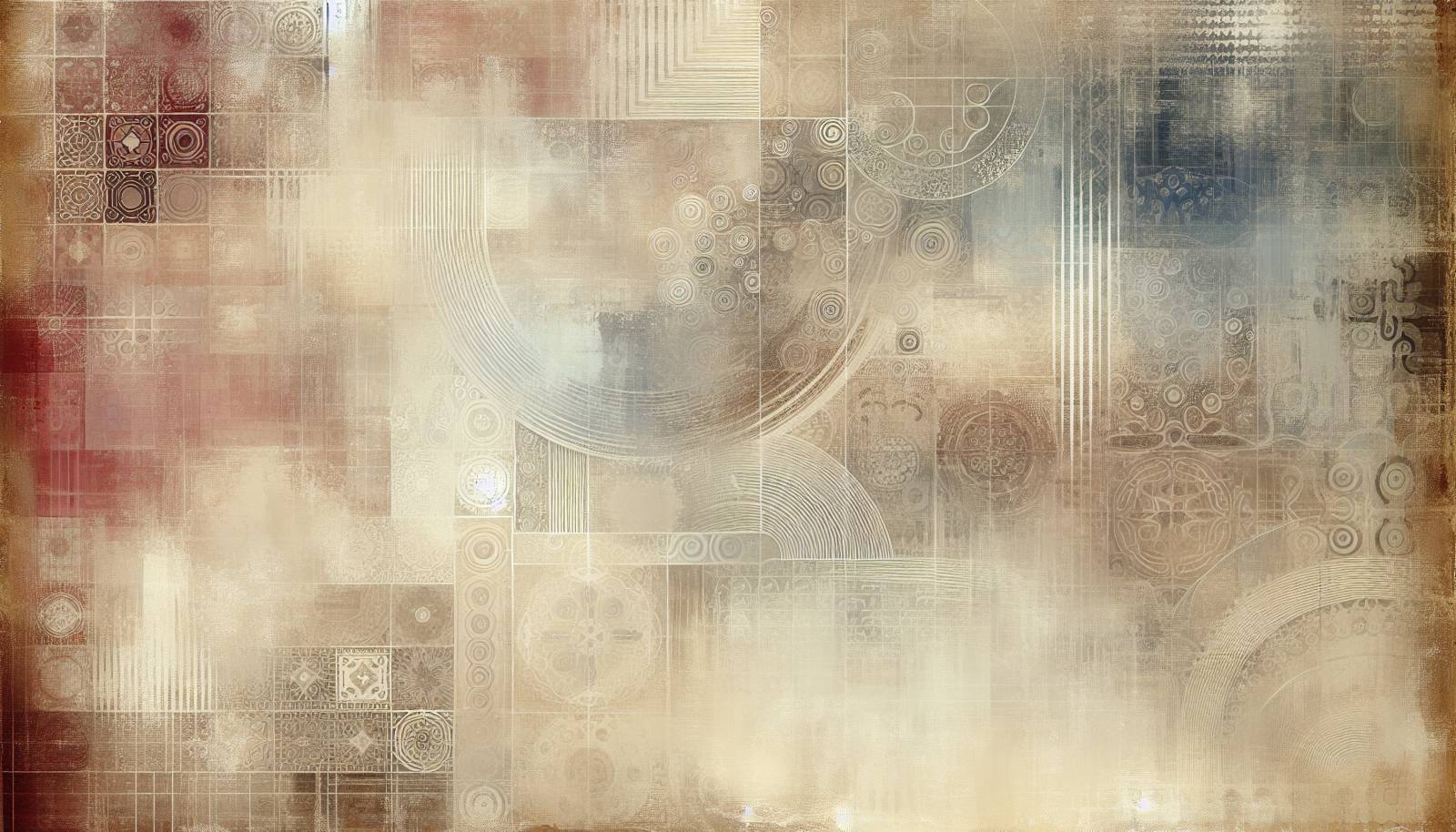
FAQ About The Role of Historical Fiction in Cultural Education

What is historical fiction?
Historical fiction is a literary genre where the story takes place in a past historical setting. It is a fictional narrative that incorporates elements of real historical events, customs, and sometimes real historical figures to provide a rich, immersive perspective on historical periods. While the story and characters may be fictional, the setting and context are grounded in historical facts.

How does historical fiction contribute to cultural education?
Historical fiction provides a narrative approach to history that combines factual historical elements with creative storytelling. It helps readers and viewers gain a greater understanding of past cultures, societies, and events by humanizing historical figures and portraying the complexities of cultural and social contexts. This genre can make history more relatable and engaging, encouraging further exploration and learning.

Are historical novels accurate representations of history?
While historical novels are based on real historical events and settings, they are primarily works of fiction. Authors often take creative liberties to enhance the story or provide deeper insights into characters and events. However, they typically conduct extensive research to accurately depict the era, providing readers a plausible representation of history while engaging their imagination.

What are common themes explored in historical fiction?
Common themes in historical fiction include war and conflict, social change, cultural clash, love and relationships, power and politics, and the struggle for survival. These themes are explored within the context of historical events, providing insights into the human experience across different periods and societies.

How does historical fiction differ from historical narratives?
Historical fiction blends fact with fiction, focusing on storytelling, character development, and imaginative plots set in historical contexts. In contrast, historical narratives aim to present factual recounts and analyses of historical events without the fictional embellishments, prioritizing accuracy and the presentation of evidence-based information.

Can historical fiction influence public perception of history?
Yes, historical fiction can greatly influence public perception of history by shaping how people understand and relate to past events. Through compelling narratives and characterization, historical fiction can bring attention to lesser-known historical stories, challenge traditional narratives, and stimulate interest in historical research and education.

What role does historical fiction play in highlighting cultural differences?
Historical fiction highlights cultural differences by depicting distinct societal customs, traditions, and ways of life in various historical contexts. By exploring interactions between different cultures through fictional narratives, it educates readers about historical cultural diversity and the dynamics of cultural exchange and conflict.

Why is historical accuracy important in historical fiction?
Historical accuracy is important because it provides authenticity and credibility to the story, allowing readers to trust the depiction of the time period. While authors utilize creative elements, remaining faithful to historical facts helps educate audiences accurately about historical events and cultural contexts, fostering a deeper understanding of history.

How do filmmakers ensure historical accuracy in historical fiction films?
Filmmakers often consult historians, conduct extensive archival research, and work with cultural consultants to ensure historical accuracy. They strive to recreate accurate settings, costumes, and language appropriate to the time period. Despite these efforts, some artistic licenses are taken to serve the narrative needs of the film.

What are some examples of historical fiction in literature and film?
Examples of historical fiction literature include "The Book Thief" by Markus Zusak, "The Nightingale" by Kristin Hannah, and "All the Light We Cannot See" by Anthony Doerr. In film, "Schindler's List," "Braveheart," and "The King's Speech" are popular examples that blend historical events with fictional storytelling.

Can historical fiction be used in educational settings?
Yes, historical fiction is often utilized in educational settings to complement traditional history lessons. It can engage students by providing a personal and emotional connection to historical events and figures, fostering a deeper interest in history. Teachers use it alongside factual history accounts to provide a well-rounded understanding.

What challenges do authors face when writing historical fiction?
Authors of historical fiction face the challenge of balancing factual accuracy with creative storytelling. They must conduct thorough research to accurately represent historical details while crafting compelling narratives that resonate with readers. Additionally, they must navigate the responsibility of respecting the cultural sensitivities of the depicted era.

How has historical fiction evolved over time?
Historical fiction has evolved from romanticized retellings to more nuanced explorations of historical periods. Modern historical fiction often addresses diverse perspectives and lesser-known events, focusing on realism and authenticity. The genre has also expanded to explore a wide range of cultures and contemporary interpretations of past events.

Is it necessary for historical fiction to include real historical figures?
No, it is not necessary for historical fiction to include real historical figures. While some narratives incorporate them to provide a sense of authenticity and connection to the past, others focus entirely on fictional characters, using the historical setting as a backdrop to explore universal themes and human experiences.

How can readers discern fact from fiction in historical fiction?
Readers can discern fact from fiction by referencing the author's notes or prefaces, which often provide insights into the factual elements of the story. Additionally, readers can research historical events and contexts depicted in the narrative, consulting reliable sources to differentiate between creative embellishments and factual history.

Does historical fiction play a role in preserving cultural heritage?
Yes, historical fiction can play a significant role in preserving cultural heritage by bringing past traditions, customs, and lifestyles to life for contemporary audiences. Through engaging narratives, it ensures that stories of cultural significance are remembered and explored, promoting awareness and appreciation of diverse cultural histories.

How do authors research for historical fiction?
Authors research for historical fiction by studying historical texts, archival records, academic papers, and firsthand accounts of the period they are writing about. They may visit historical sites and consult experts to gain accurate and detailed insights into the life, language, and culture of the era, ensuring a well-researched foundation for their narrative.

What impact does historical fiction have on contemporary culture?
Historical fiction has a significant impact on contemporary culture by offering perspectives on how past events and decisions have shaped the present. It allows modern audiences to reflect on historical lessons, understand cultural continuity and change, and explore themes that remain relevant today, encouraging dialogue around historical and current issues.

Can historical fiction challenge stereotypes and biases?
Yes, historical fiction can challenge stereotypes and biases by providing alternative narratives and highlighting marginalized voices from history. By expanding the historical discourse to include diverse perspectives, it encourages readers to think critically about preconceived notions and cultural assumptions, promoting a more inclusive understanding of history.

Why is historical fiction popular among readers and audiences?
Historical fiction is popular because it offers an intriguing blend of history and storytelling, providing both entertainment and education. It transports readers and audiences to different times and places, satisfying a curiosity about the past while fostering a deeper understanding of historical events and cultural contexts through engaging narratives.
